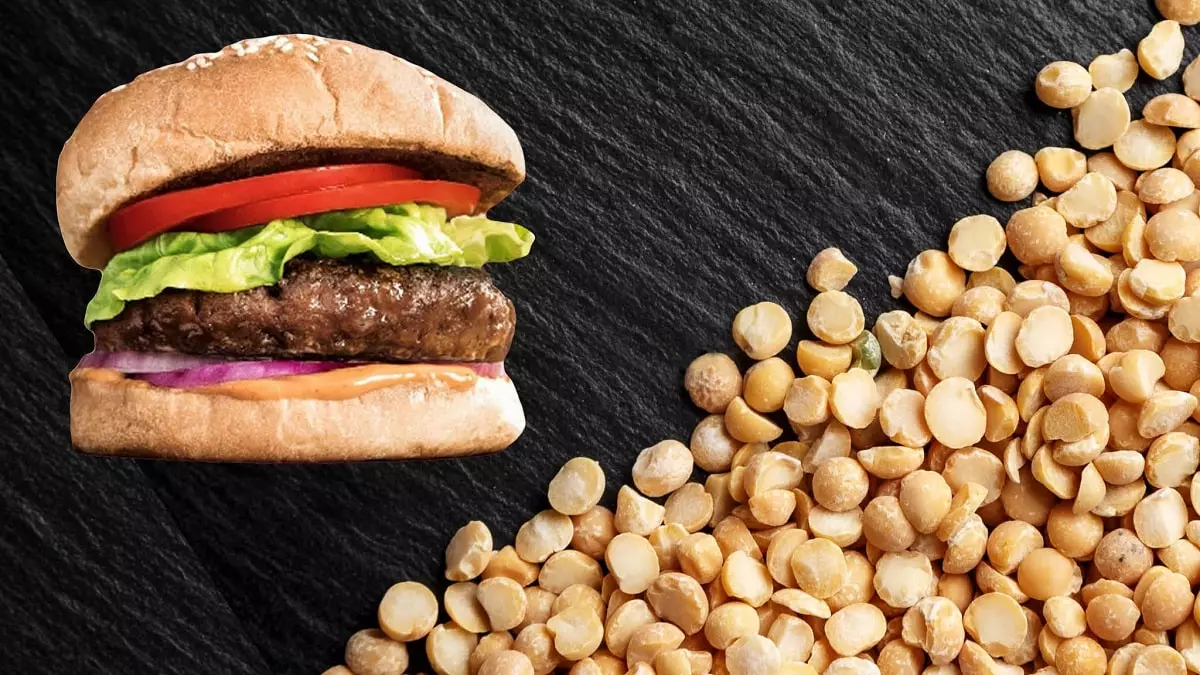Introducing More Plant Based Meat
In the United States, alone, Over 33% of consumers are actively moving toward the introduction of more plants and Plant Based Meat into their diets. The popularity of “Meatless Monday” is a social media campaign that has only Gained in popularity since it was the single biggest “dietary trend” in 2018.
Studies have nudged the health-conscious toward eating more vegetables and fruits – while setting a goal to limit if not eliminate the presence of red meat and animal fats – for the sake of good coronary health as well as an increasing number of scientifically solid reasons. The number of celebrities and influential people with large social media followings who tout a vegan. Vegetarian, or flexitarian diet has only increased since the dawn of the new millennium.
Americans Have Embraced Fruit & Veg More Than Ever
There have been hundreds of studies done regarding the ways human health is affected by adding more plants to the typical modern dietary choices that omnivores everywhere choose. Not every study done in the last 20 years can be considered absolutely conclusive, based upon very large sample groups that represent all cultures, ages, sexes, and economic differences.
That said, when scientists have put all of the studies done in recent history together, a broad picture of certain positive health effects of eating more vegetables is hard to deny.
More and more increasingly palatable plant-based meat substitutes have entered into the hands and mouths of average Americans everywhere. Massive fast-food chains that have historically served high fat, high carbohydrate choices to people in all walks of life have begun offering vegan meat substitutes (although they admittedly intermingle with small amounts of animal fats during the preparation process in most cases).
People have never been more ready to embrace the philosophies of vegans, and it is seemingly impacting the occurrence of heart disease significantly.
What Studies Have Shown Us?
When Harvard University scientists took the results of over 200 various studies that have been done on the ways that plant-based diets when compared to diets high in animal fats and proteins, affect human beings in the modern western world, they can say with great confidence that the following is true:
- Plant-based diets lower heart disease, with as much as 22% less incidence of heart disease in vegetarians
- Plant-based diets lower the incidence of Type 2 diabetes
- Plant-based diets reduce the risk of certain deadly cancers
- While offering the same necessary protein, fat, carbohydrates, vitamins, and minerals to provide optimal health, plant-based diets offer more dietary fiber and phytonutrients (disease-fighting agents that are found only in plants)
- In a duration of ≤ 24 months, people who chose plant-based diets over conventional diets had beneficial differences in body weight and the occurrence of obesity, the occurrence of a disease caused by chronic inflammatory processes in normally healthy adults, the toll that type II diabetes mellitus takes on the body, and the metabolism of energy, overall.
- Even with the exact same caloric intake, people with plant-based diets versus traditional diets exhibit greater weight loss and better metabolic status in general
What Studies Are Hinting At?
In the last decade, diets that are plant-based, offering meat substitutes like those made by Simulate alongside fresh vegetables and fruits, showed in two studies that included both obese and non-obese test subjects an improvement in stress levels, complaints of anxiety, and feelings of depression.
Other specific studies found that people who ate these diets lost more weight in total than people who ate other diets with the same caloric intake. Although there needs to be more research-based on these exciting results to unequivocally prove these positive changes occur because of a plant-based diet, the findings are exciting – and clearly warrant further investigation.
There is a stunning amount of scientific data to point those who suffer from heart disease and diabetes type II toward trying out a plant-based diet, even if that change involves slowly introducing more vegan and vegetarian options. The vegan meat substitutes available to consumers has never been more delicious, and achieving a break from eating red meats has never been a more achievable goal to finicky eaters everywhere.











